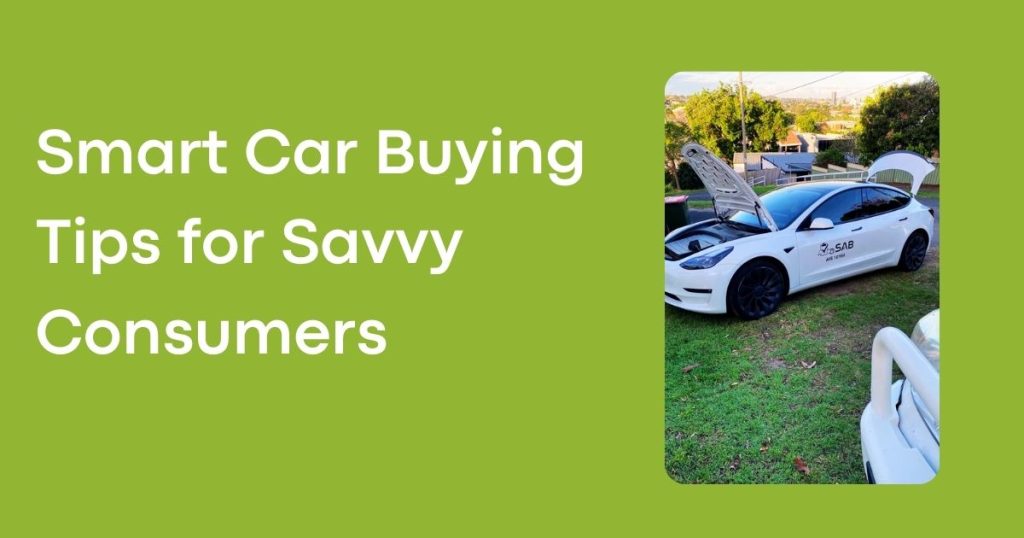Purchasing a car is a significant investment and an exciting venture, but it can also be overwhelming. Whether you’re a seasoned car buyer or a first-timer, it’s crucial to be a savvy consumer to make the right choice and get the best value for your money. In this comprehensive guide, we’ll explore a range of car buying tips to help you make an informed decision and ensure a smart car purchase.
1. Set Your Budget
Before diving into the car-buying process, determine your budget. Calculate not just the purchase price but also the costs of ownership, including insurance, fuel, maintenance, and financing. Setting a clear budget helps you narrow down your options and avoid overspending.
2. New vs. Used
Consider whether you want a new or used vehicle. New cars come with the latest features and warranties, but used cars often offer better value for your money. Carefully weigh the pros and cons of each option based on your needs and budget.
3. Research Thoroughly
Extensive research is the cornerstone of smart car buying. Explore different makes and models, read reviews, and compare prices. This research equips you with the knowledge to make an informed decision and ensures you don’t miss out on better options.
4. Determine Your Needs
Consider your specific needs when choosing a vehicle. Do you need a family car, a fuel-efficient commuter, or a rugged off-roader? Define your requirements in terms of space, fuel economy, safety features, and more.
5. Inspect Vehicle History
If you’re considering a used vehicle, obtain its complete history report. This report provides insights into the vehicle’s past, including accidents, title status, and service history. It’s an essential step to avoid potential pitfalls.
6. Test Drive
Never skip the test drive. It’s an opportunity to assess how the car feels on the road, its comfort, visibility, and handling. Pay attention to any unusual noises or handling issues during the test drive.
7. Private Seller or Dealer
Decide whether you want to buy from a private seller or a dealer. Private sellers often offer lower prices, while dealers provide more extensive warranties and services. Evaluate the pros and cons of each option.
8. Get Pre-approved for Financing
Secure your financing before you start shopping. Pre-approval allows you to know your budget and interest rate, giving you an edge during negotiations. It also simplifies the buying process.
9. Negotiate Price
Don’t be afraid to negotiate. Be prepared to haggle the price, and don’t hesitate to walk away if the deal doesn’t align with your budget. Dealers are often willing to negotiate to make a sale.
10. Have a Mechanic Inspect Used Cars
If you’re purchasing a used car, it’s wise to have a trusted mechanic inspect it. A professional evaluation can uncover hidden issues and provide you with peace of mind.
11. Check Ownership Costs
Consider the long-term ownership costs, including insurance, fuel efficiency, and maintenance. Some cars may be more expensive to own in the long run, making it important to factor in these costs.
12. Review the Warranty
For new cars, review the manufacturer’s warranty carefully. Understand what it covers and for how long. Some manufacturers offer extended warranties, which may be worth considering.
13. Avoid High-Pressure Sales Tactics
Be cautious of high-pressure sales tactics. If a seller is pushing too hard or making unrealistic promises, it’s a red flag. A good deal shouldn’t come with undue pressure.
14. Consider Fuel Efficiency
Fuel efficiency can significantly impact your overall costs. Look for a car that meets your needs while providing good mileage, which will save you money in the long run.
15. Insurance Costs
Check with your insurance provider to get an estimate of the insurance costs for the vehicle you’re considering. Insurance premiums can vary widely between different makes and models.
16. Think About Resale Value
Consider the vehicle’s resale value. Some cars hold their value better than others, which can save you money when you eventually sell or trade in your vehicle.
17. Be Wary of Hidden Fees
When finalizing the deal, watch out for hidden fees, such as documentation fees, extended warranties, or add-ons. Ensure that you fully understand the total cost before signing any contracts.
18. Read the Fine Print
Carefully read and understand all the documents before signing. Make sure you are comfortable with the terms and conditions of the sale, financing, and any warranties.
19. Follow Your Instincts
Trust your instincts. If something doesn’t feel right or you have doubts about the purchase, it’s better to walk away and explore other options.
Conclusion
When you’re on the lookout for a new vehicle, it’s essential to incorporate a Vehicle Safety Inspection into your car buying journey. Smart car buying revolves around being well-informed and making careful decisions. By following these car buying tips, you can confidently and wisely choose a vehicle that not only fulfills your needs and aligns with your budget but also offers excellent value for your hard-earned money.
Remember, the car buying process is more than just reaching your destination; it’s about enjoying the entire journey. So, take your time, do your research, and savor the process of finding that perfect vehicle that suits your requirements.
